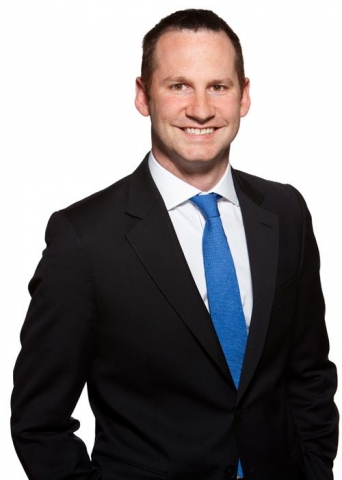Luke Coffey Reiterates his Proposal’s Support for the Territorial Integrity of Georgia
“I would like to stress that my proposal does in no way question the territorial integrity of Georgia,” Luke Coffey, Director of the Allison Center for Foreign Policy Studies at The Heritage Foundation, and author of The Heritage Foundation’s Special Report ‘NATO Membership for Georgia: In U.S. and European Interest’, said at the presentation of his report yesterday.
"I think it's now the proper time to think about how to bring Georgia closer to NATO. I would like to point out that my proposal does not in any way question Georgia's territorial integrity. Georgia made a “non-use of force” pledge regarding the occupied territories. That is why I think that NATO membership should not be complicated by Article 5. As you know, Article 5 requires security guarantees for the occupied territories," Coffey continued.
His remarks were intended to clarify the misunderstanding and controversy caused by one of his reports recommendations for speeding up Georgia’s NATO membership:
“Georgia can be invited to join NATO by amending Article 6 of the 1949 North Atlantic Treaty (which defines which territories fall under Article 5 protection) to temporarily exclude the Russian-occupied Tskhinvali region and Abkhazia from Article 5 protection. … Allowing Georgia to join NATO with amended Article 6 is also consistent with Georgia’s non-use-of-force pledge regarding regaining control of the regions. This would allow Georgia to join NATO more quickly and would deny Moscow’s de facto veto on countries on partial Russian occupation that want to join the alliance.”
Meanwhile, the US Ambassador Ian Kelly reaffirmed Washington’s unwavering support for Georgia’s territorial integrity at the presentation. While stating that Georgia joining would not present a risk for Russia’s or any other’s country security,
“NATO is a risk neither for Russia nor any other country. NATO has an open-door policy. As the NATO Secretary General said, Georgia has all tools to become a NATO member," Kelly said.
By Máté Föld












